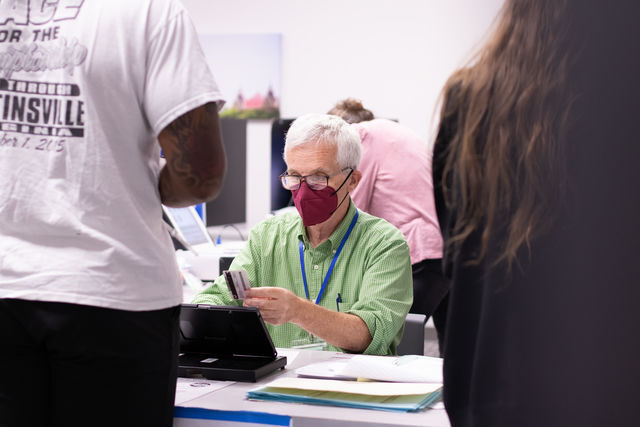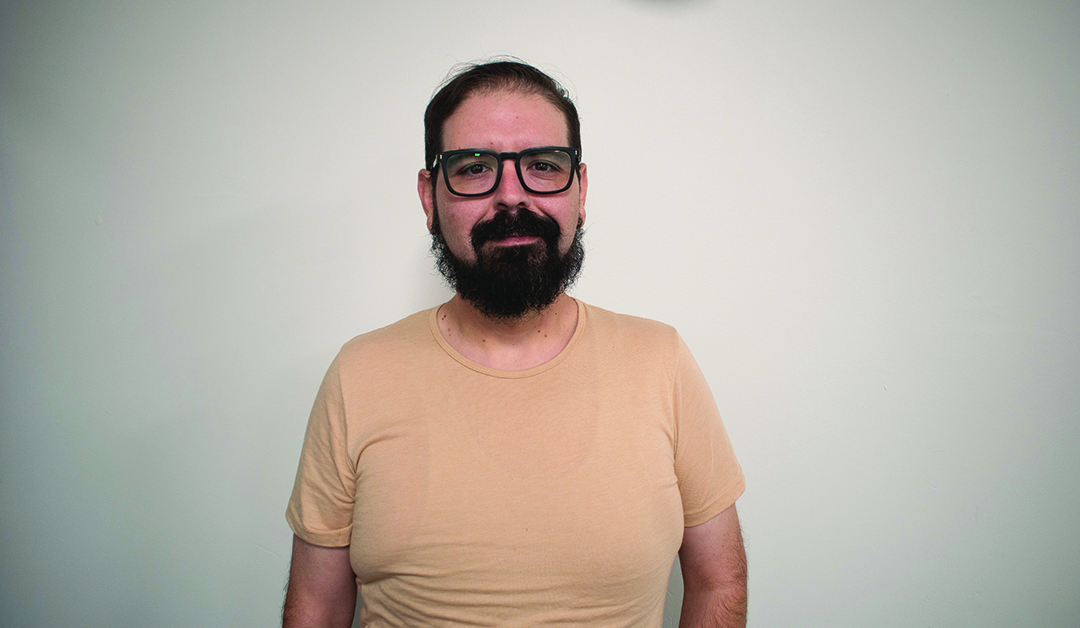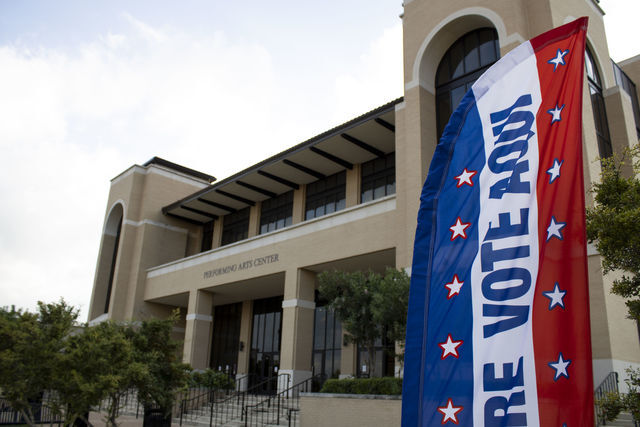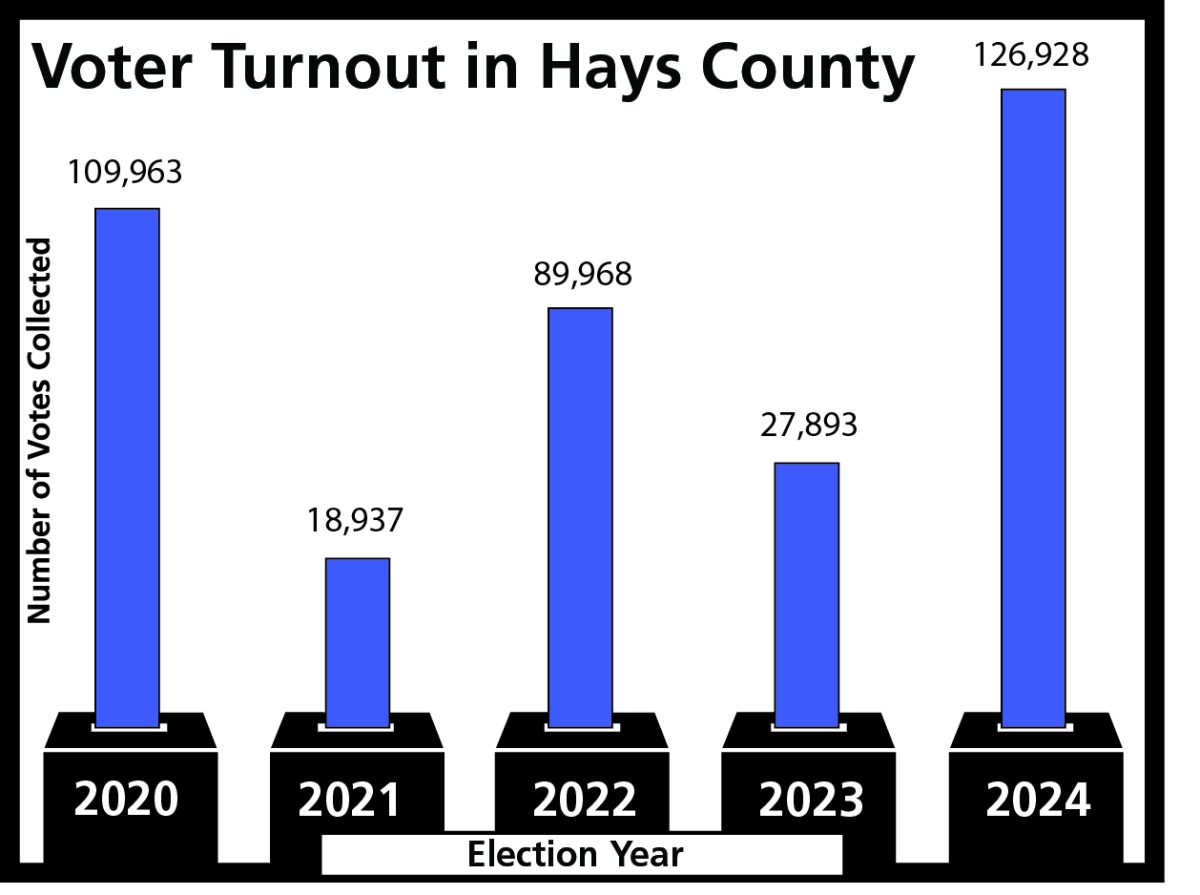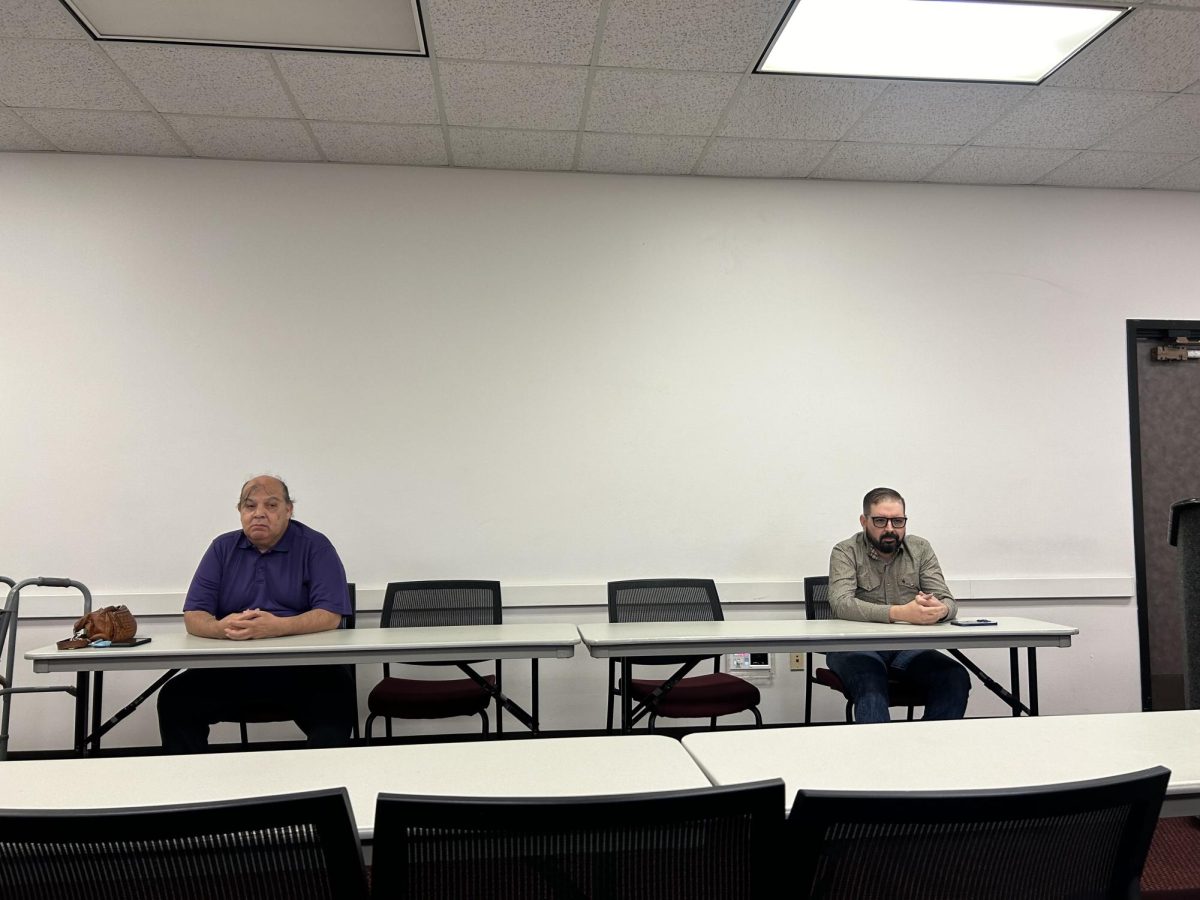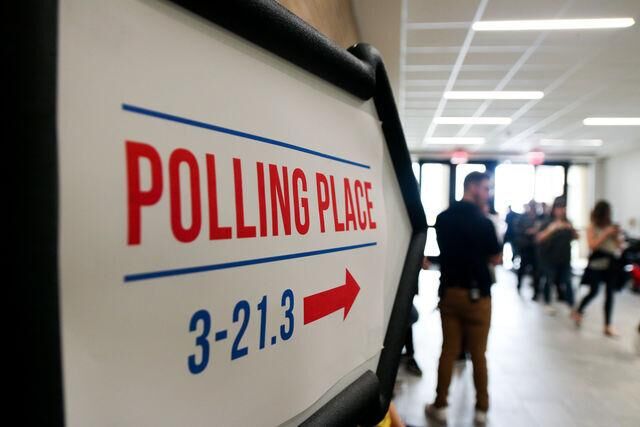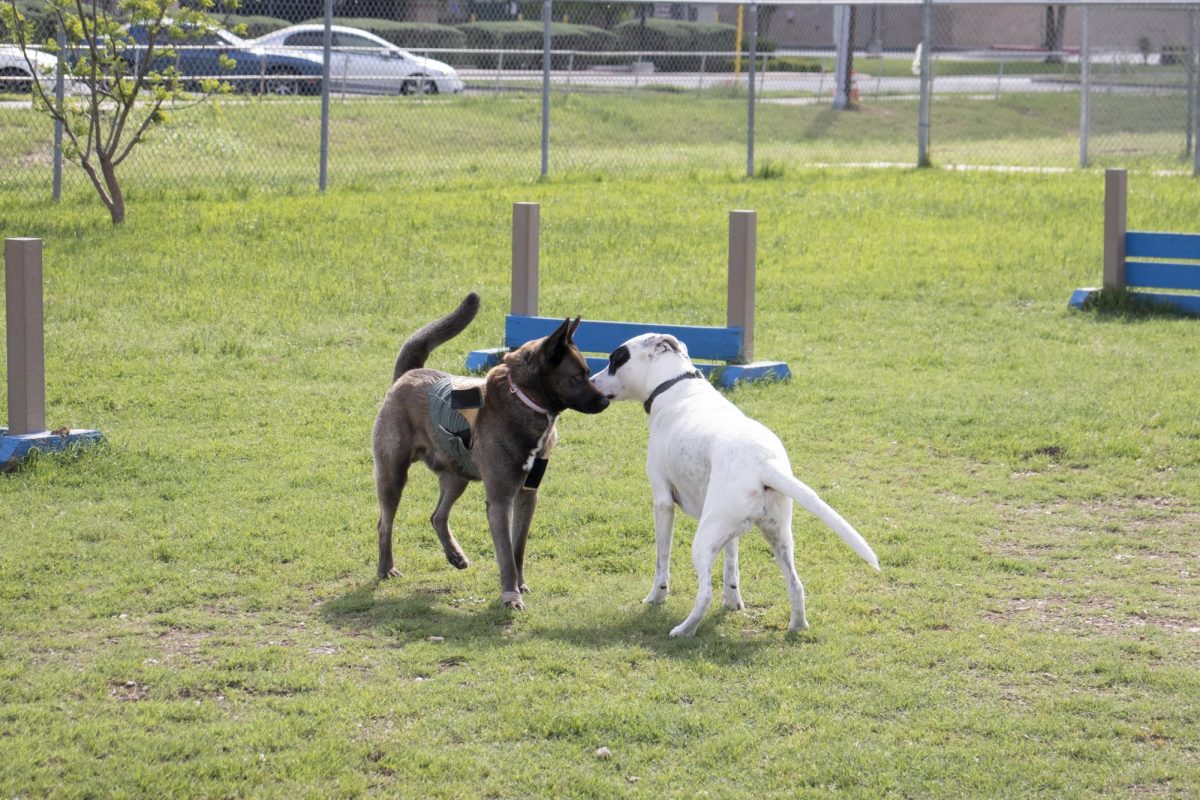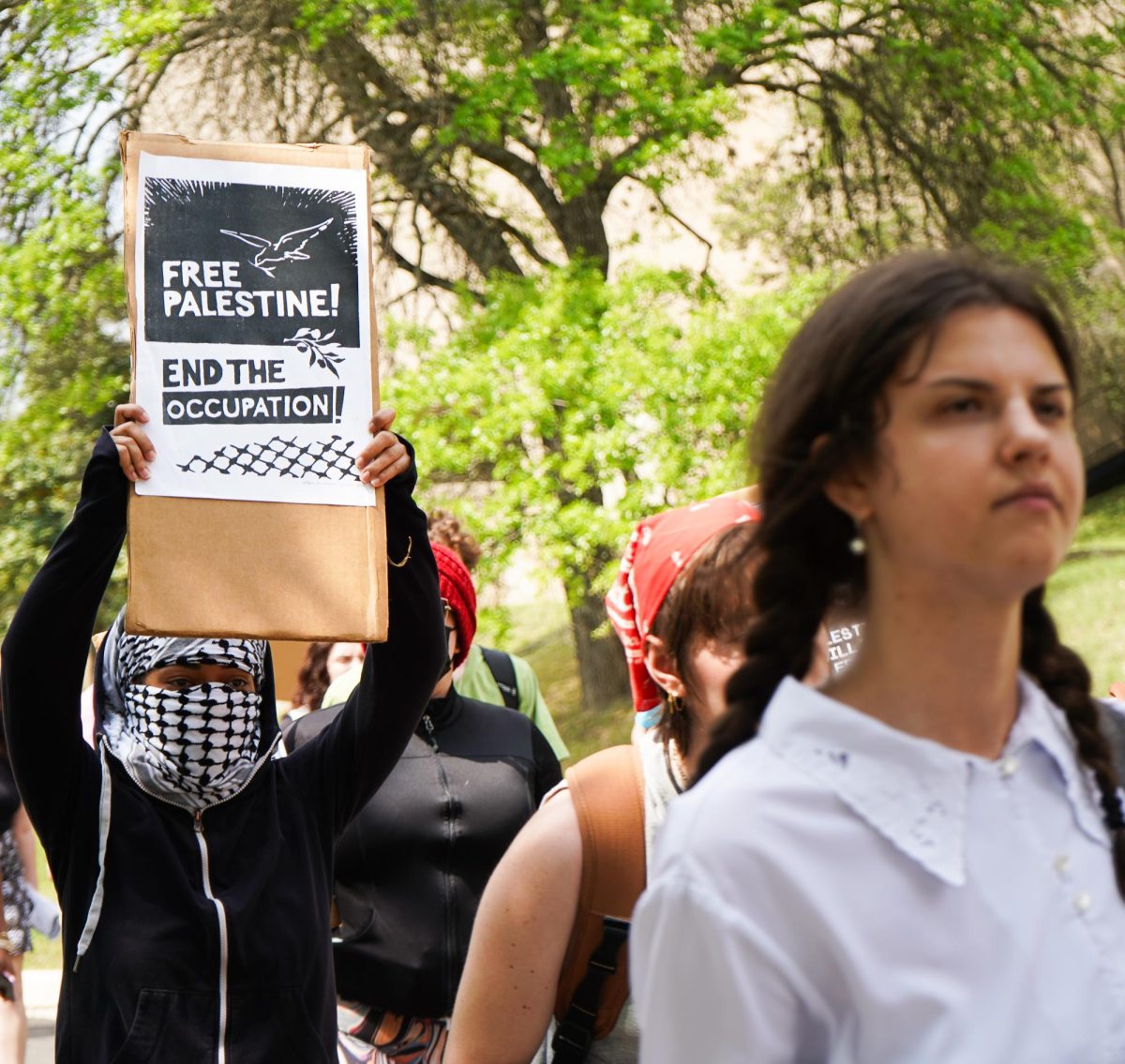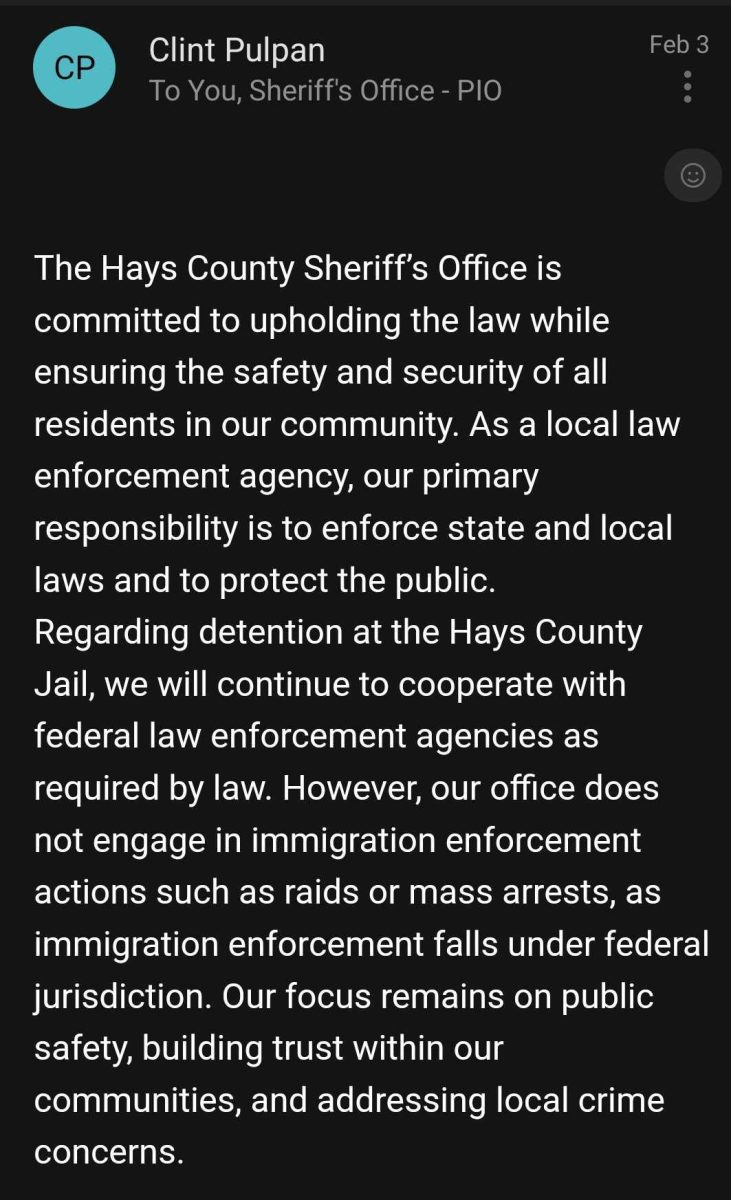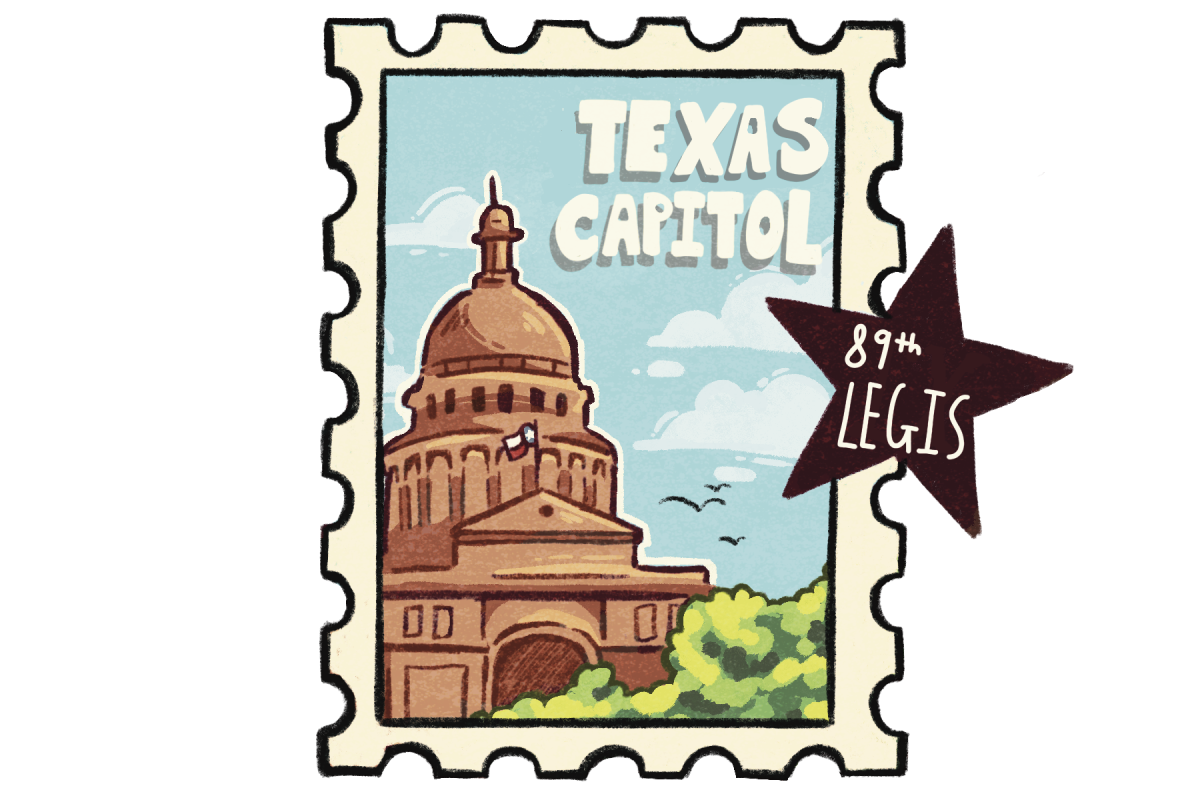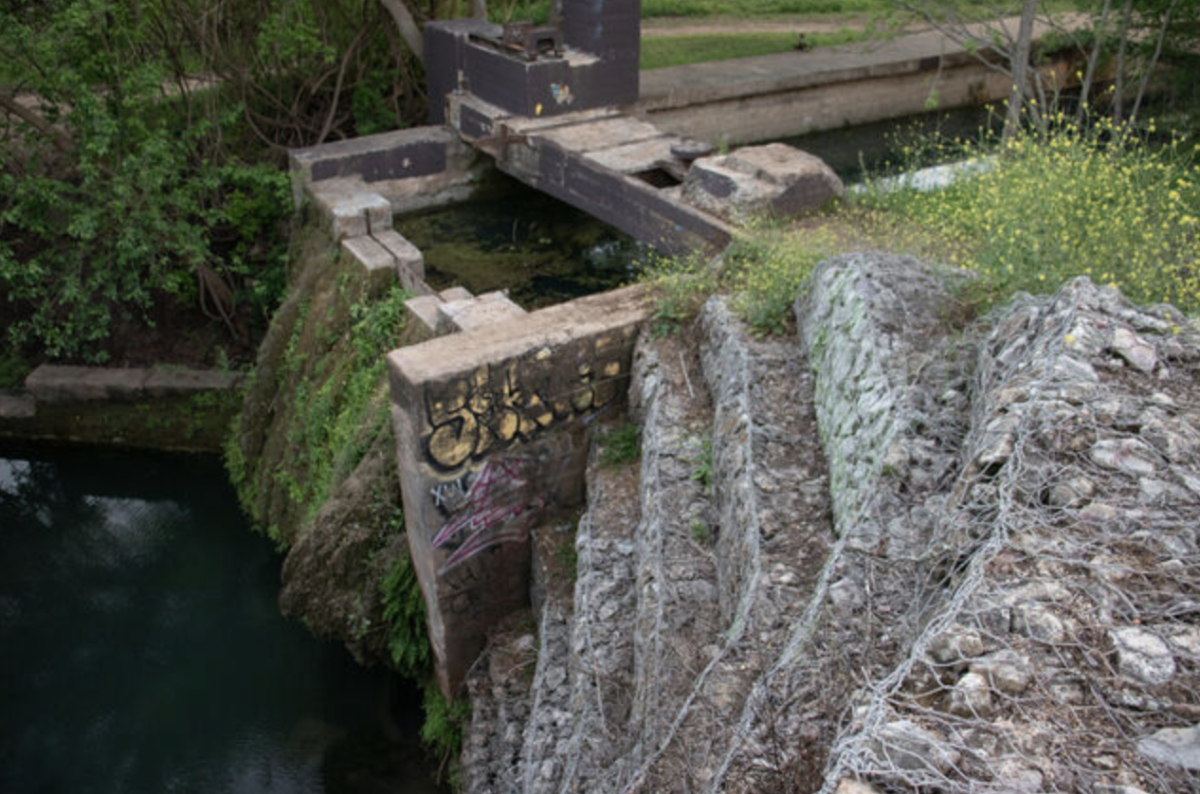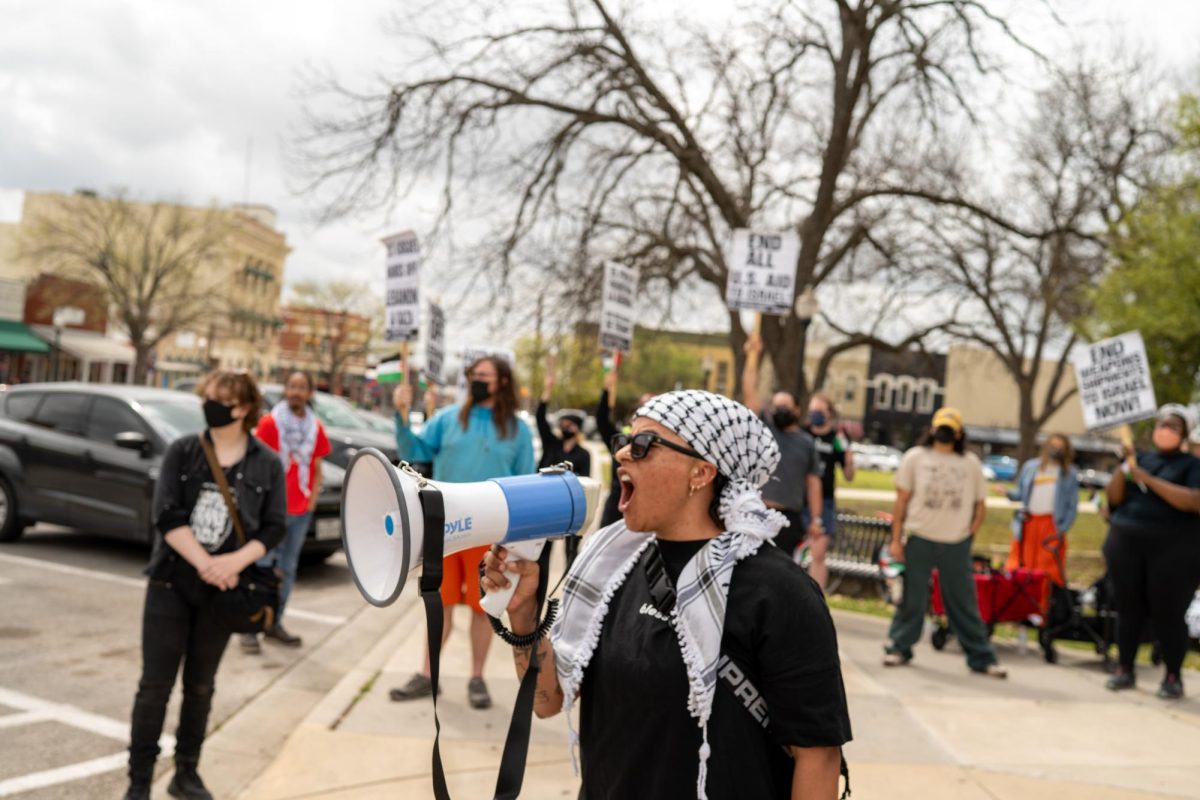Hays County poll workers continue to fight the misconception that involves working for an election-based job, giving insight into the work they do for the community throughout the election season.
Poll workers are responsible for facilitating poll stations by confirming eligibility, distributing voter passes and assisting in various tasks to ensure the voters’ experience is effortless.
Kelley Cato, a poll worker for Hays County, said the importance of community outreach and educating the public about the financial benefits will hopefully lure in more individuals willing to be poll workers.
“I think a lot of people assume we are doing this out on a volunteer basis and that’s not true because the county pays us,” Cato said. “I think if the county expressed the pay involved, more people would be willing to do this job.”
To become a poll worker in the state of Texas one must undergo a series of modules and training before assuming the role. Jennifer Doinoff, the elections administrator for Hays County, said poll workers are dealing with the new rules and regulations that continue to change in Texas.
“Poll workers are working under new laws that passed the last session and are given a limited amount of time to understand the material,” Doinoff said. “They had to train and get up to date on these new laws giving us a small amount of time and affecting the poll worker’s typical way of doing things. If they were not properly trained that could put them at the risk of criminal penalty.”
Stereotypes surround poll workers and others question their intent for encompassing the job. Cato has had daunting experiences with voters. She described one instance in which a voter who was not registered in Hays County berated the poll workers because he could not vote at that location.
Cato said a large part of the job is to remain calm in those types of situations. Some believe poll workers are at polling locations to change ballots or express views, though the misconception is few and far between.
“People come in to vote and think that we are there to work against them,” Cato said. “They are so sure that everything we are doing there is a sham.”
The number of hours poll workers spend at the poll stations is the most difficult part of the job, according to Cato.
“We spend 10 to 12 hour days each week and that’s not factoring the time we spend setting up the equipment,” Cato said. “That’s for sure the hardest part of the job, but I enjoy the people I work with and we are a tight-knit group.”
A significant part of ensuring voting sites run smoothly comes from the work completed by the elections judge in each county. Larry Thompson, the elections judge for Buda City Hall, shared his hope for the community throughout the election season.
“I open the polls each day, arriving an hour early to our original start time, I work alongside the poll workers to run tests on the machines to ensure they weren’t tampered with overnight and I check our supplies before we open the polls,” Thompson said. “My goal is to get them in and get them out as fast as possible.”
Accessibility is key to an efficient voter location and each one must encompass specific qualities to accommodate every voter. For example, Thompson said there is a need for a location that is approachable and has multilingual poll workers.
“When hiring I look for specific qualities and always need someone who is Spanish speaking and fluent in sign language to ensure I can accommodate everyone’s needs,” Thompson said. “Voter satisfaction is very important to me so I am looking for a location that has a large parking lot, a building big enough for the machines and at the same time this location is familiar to residents of the county.”
Thompson has been an elections judge for five years and has witnessed poll workers reap the effects of others’ disapproval.
“There are people and organizations that find a polling location inconvenient to them — whether they’re dealing with cars or the traffic from people trying to vote — and they will choose to express their opinions towards poll workers,” Thompson said. “We deal with thousands of people during election season so we are trying to make the environment as accessible as possible for everyone involved in the process.”
Doinoff recognizes the reason many voters fear the intent of poll workers, but said voters should not suspect dishonest activity with the use of electronic voting systems. The recent election has created many contentious people who are unafraid to voice their opinions toward election workers.
“People are really passionate about their beliefs whether it’s about other voters, the election or the processes,” Doinoff said.
Despite the hardships that come from being a poll worker, Doinoff said there are positive aspects to being a poll worker.
“We have a wonderful and dedicated group of people who believe in the work that they are doing,” Doinoff said. “It truly is a wonderful thing and these poll workers believe in democracy and accessibility to voting.”
Emily Lapaglia, an elementary education senior, shared her gratitude for poll workers after casting her ballot during early voting.
“I just know that we couldn’t do it without them,” Lapaglia said. “When I was early voting I noticed a lady’s ballot didn’t print correctly and the poll worker had to step in and help; poll workers are always very helpful.”
Categories:
Poll workers persist despite public opinion, Election Day challenges
Ireland Sargent, News Contributor
November 9, 2022
Electioneer clerk Jack Seaborne checks student form of identification to vote Nov. 3, 2022, at LBJ Student Center.
0
Donate to The University Star
Your donation will support the student journalists of Texas State University. Your contribution will allow us to purchase equipment and cover our annual website hosting costs.
More to Discover



